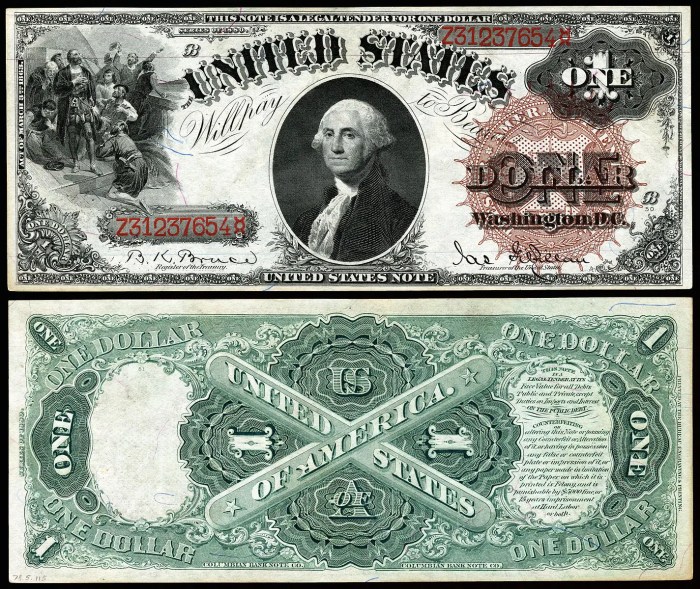Delving into the realm of the “Bill History of the United States Crossword,” we embark on an intellectual odyssey that traverses the annals of American legislation, deciphering the profound impact of pivotal bills that have shaped the nation’s legal, political, and socio-economic landscape.
From the earliest enactments that laid the foundation of the republic to the transformative statutes of the modern era, this exploration unravels the intricate web of laws that have guided the course of American history, shaping its institutions, policies, and the very fabric of society.
Historical Bills and Acts

The early history of the United States was marked by a series of significant bills and acts that shaped the legal and political landscape of the nation. These bills addressed a wide range of issues, from the establishment of the federal government to the expansion of civil rights.
Landmark Legislation
- The Declaration of Independence (1776): Declared the American colonies’ independence from Great Britain and established the principles of self-government and individual liberty.
- The Articles of Confederation (1781): Created a loose confederation of states with a weak central government.
- The Constitution of the United States (1788): Established a strong central government with a system of checks and balances and a Bill of Rights guaranteeing individual liberties.
- The Bill of Rights (1791): A series of ten amendments to the Constitution that guaranteed basic civil liberties, such as freedom of speech, religion, and the right to bear arms.
- The Louisiana Purchase (1803): Doubled the size of the United States and opened up new territories for settlement.
Economic and Fiscal Policy
Bills have played a crucial role in shaping economic and fiscal policy in the United States. These bills have addressed issues such as taxation, spending, and trade, and have had a significant impact on the nation’s financial health.
Social and Cultural Legislation
Legislation has also had a profound impact on social and cultural issues in the United States. These bills have addressed issues such as civil rights, education, healthcare, and the environment, and have shaped the way Americans live their lives.
Controversial Legislation
Not all bills have been met with universal approval. Some bills have sparked public debate and divided the nation. These bills have addressed issues such as abortion, gun control, and immigration, and have often been the subject of intense political battles.
The Legislative Process
The legislative process in the United States is complex and often challenging. Bills must pass through both the House of Representatives and the Senate before they can be signed into law by the President. The process can be lengthy and difficult, and many bills never make it to the President’s desk.
Historical and Modern Examples, Bill history of the united states crossword
There are many historical and modern examples of bills that have shaped American history. These bills have addressed a wide range of issues, from the establishment of the nation to the present day. They have had a profound impact on the lives of Americans and have helped to shape the country into what it is today.
Detailed FAQs: Bill History Of The United States Crossword
What is the significance of the Bill of Rights?
The Bill of Rights, comprising the first ten amendments to the Constitution, enshrines fundamental civil liberties and guarantees, protecting individual freedoms and limiting government overreach.
How did the Civil Rights Act of 1964 transform American society?
The Civil Rights Act of 1964 outlawed discrimination based on race, color, religion, sex, or national origin in employment, public accommodations, and government programs, marking a watershed moment in the fight for racial equality.
What is the role of the Supreme Court in interpreting legislation?
The Supreme Court serves as the ultimate arbiter of the Constitution, interpreting laws and determining their constitutionality, ensuring that they align with the fundamental principles of American democracy.


